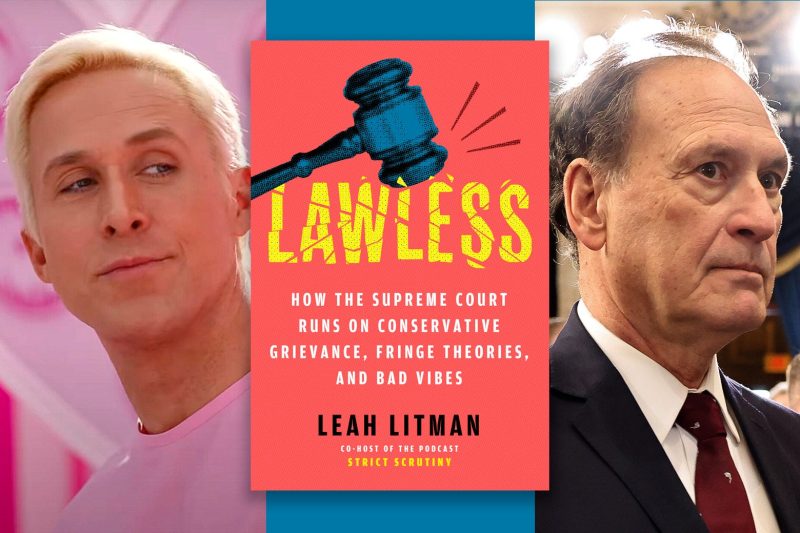
The Supreme Court’s recent decisions have sparked intense debate, and many commentators see a clear pattern: a radical rightward shift. But is it simply a conservative agenda, or something more insidious? Some argue that these rulings are fundamentally about restoring patriarchal power structures, subtly undermining decades of progress toward gender equality.
This isn’t a claim to be taken lightly. The argument rests on the observation that many of the rulings impact areas directly affecting women’s lives—reproductive rights being a prime example. The overturning of Roe v. Wade, for instance, is cited as a direct attack on bodily autonomy and reproductive freedom, historically controlled and restricted in patriarchal societies.
Beyond reproductive rights, critics point to decisions impacting workplace equality and domestic violence protections as further evidence. The assertion is that these rulings, taken together, create a chilling effect, potentially rolling back hard-won rights and leaving women more vulnerable to discrimination and abuse.
Of course, this interpretation is fiercely contested. Supporters of the Court’s decisions argue that they are based on a strict interpretation of the Constitution and are not intended to target any particular gender. They emphasize the importance of judicial restraint and adherence to established legal principles.
However, the debate highlights a deeper societal struggle. The question isn’t merely about legal interpretation; it’s about power dynamics, societal values, and the ongoing fight for gender equality. The Supreme Court’s actions are viewed by some as a significant step backward, a calculated move to reshape societal norms and reinforce traditional gender roles. Whether this is a fair assessment is a matter of ongoing and vigorous debate, but it’s a conversation we need to have openly and honestly.
Ultimately, understanding the implications of these decisions requires a careful examination of their impact on various aspects of life, not just a focus on legal technicalities. The debate goes beyond legal arguments to encompass larger societal concerns about gender equality and the distribution of power. The question remains: is this a conservative shift, or a deliberate attempt to re-establish a patriarchal order?










